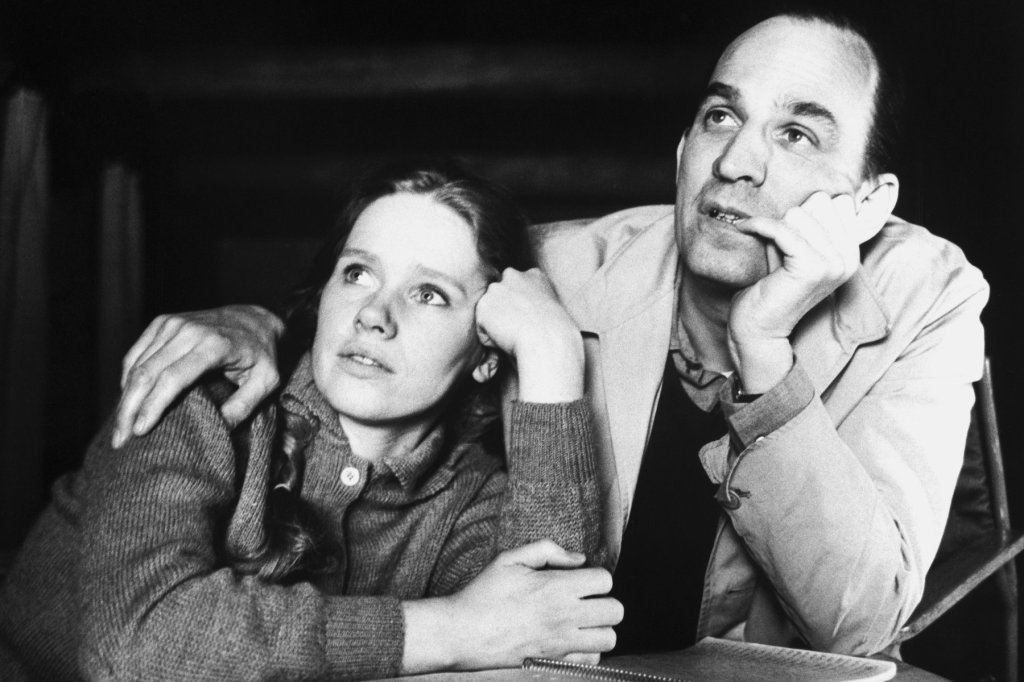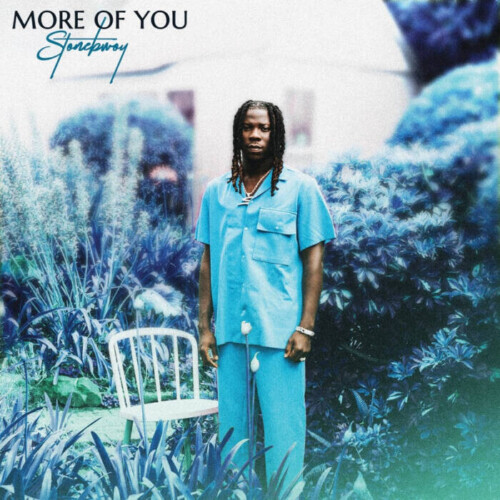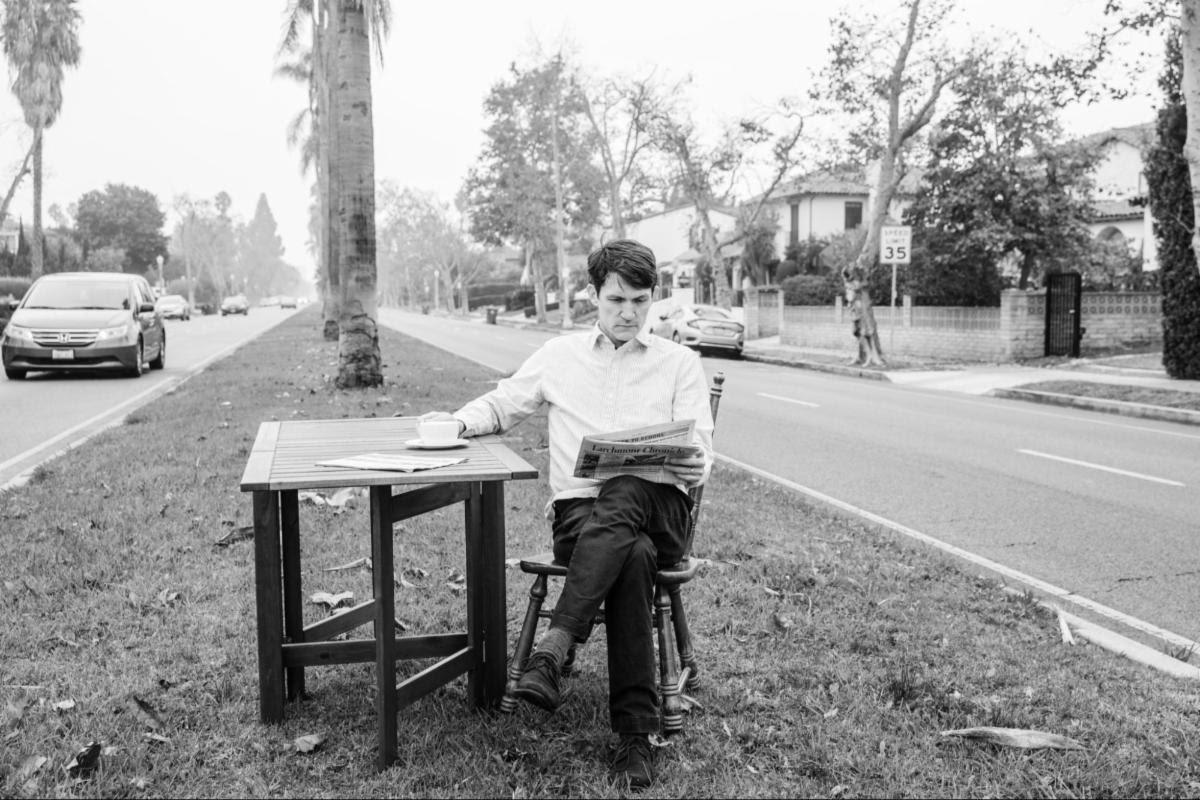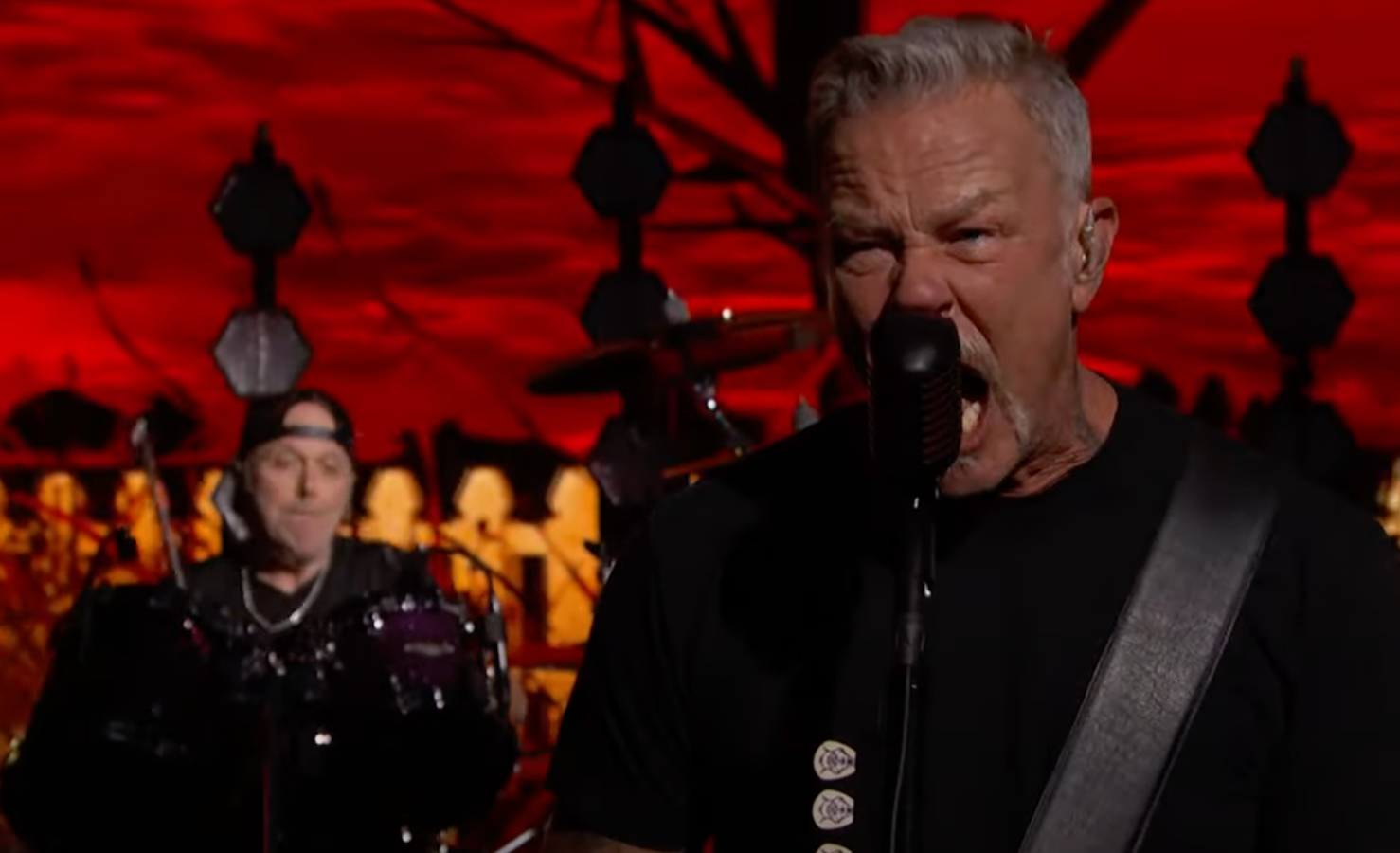
The Screen Legend That Inspired Cate Blanchett and Jessica Chastain
The cover of Time magazine once proclaimed Liv Ullmann “Hollywood’s new Nordic star,” a designation that never sat well with the Norwegian actress. She was a committed performer, starring in some of Ingmar Bergman’s greatest films of the Sixties and Seventies. She was an accomplished director, with a résumé that includes the Bergman-scripted 2000 gem Faithless. She became a vocal humanitarian, traveling to hardscrabble parts of the world as a UNICEF ambassador. But a star? “I never became a star,” Ullmann tells Rolling Stone in a recent interview to promote the new three-part docuseries Liv Ullmann – A Road Less Travelled, streaming on Viaplay. And that suits her just fine.
Ullmann, 84, is one of the last living links to Bergman, the Swedish master who made visual poetry of spiritual torment and emotional chaos. If Harriet Andersson (Summer with Monika) was blazing fire, and Bibi Andersson (The Seventh Seal) was a cool drink from a mountain stream, Ullmann, who worked with both actresses, is earth, grounded and steady but still prone to tectonic shifts. Between 1966 and 1969, she starred in four films – Persona, Hour of the Wolf, Shame, and The Passion of Anna, the latter three opposite Max von Sydow – in which she played out some of Bergman’s most tenacious demons. In Persona, her first collaboration with Bergman, she barely even speaks, which seems appropriate enough for an actress of uncommon facial expressiveness and vulnerability. In the words of Jessica Chastain, whom Ullmann directed in the 2014 screen adaptation of Miss Julie “It’s almost like she has no skin.” (In the 2021 HBO remake of Scenes from a Marriage, Chastain also plays a role that Ullmann created).
Ullmann and Bergman were also lovers, and they lived together on the Swedish island of Fårö, the setting of that haunting quartet of films, until their life became too claustrophobic for Ullmann. “The quarrels that you see in those films, particularly in Hour of the Wolf and The Passion of Anna, are the quarrels that they had in real life,” says Peter Cowie, the film historian and Bergman scholar, says in a video interview. His new book, God and the Devil: The Life and Work of Ingmar Bergman, is due out later this year. “It was a very tempestuous relationship. She was the muse he couldn’t quite control because she had a mind of her own. And he both admired that and hated it because he liked to be the boss.”
Ingmar Bergman and Liv Ullman talk about ‘Hour of the Wolf’ during a break in shooting of that film in Stockholm, Sweden, on April 5, 1968.
Getty
Ullmann and Bergman remained close until his death in 2007. “He was my best friend until he died,” she says. “We fell in love. We have a daughter together [the literary critic and novelist Linn Ullmann]. The house he built for us on Fårö is still there. It looks the same, with the same furniture we had. That is where so much of my roots are, even today.”
As A Road Less Travelled makes clear, there is more to Ullmann than the filmmaker to whom she will always be connected. She earned one of her two Oscar nominations for The Emigrants (1971), directed by Jan Troell (the other was for Bergman’s 1976 film Face to Face). Her Broadway credits include A Doll’s House, Ghosts, and Anna Christie. She published two well-received memoirs, Changing (1977) and Choices (1984). Ask what she is most proud of, however, and she first mentions the friendships she has made along the way, and the difference she has made as a humanitarian in countries including Sierra Leone, Haiti, and the Dominican Republic. For someone who has poured so much of her soul into her work, she has taken great satisfaction away from it.
“I’m proud because I’m a little shy and I always felt myself awkward, and I had the luck through my life to meet so many different people,” she says. “So many of them were so giving, and I got the opportunity to see life from many places and through many people. You meet people that for special reasons become your friends. I need them or they need me.”
Heavy hitters line up to sing Ullmann’s praise in the new series. John Lithgow, her costar in the 1977 Broadway revival of Anna Christie (who briefly became her lover). Chastain. Cate Blanchett, who Ullmann directed in a lauded stage version of A Streetcar Named Desire. Sam Waterston, who starred with Ullmann in the 1975 Broadway revival of A Doll’s House and the 1990 film Mindwalk. Jeremy Irons, who starred with Ullmann in the 1983 film version of The Wild Duck. (Name an Ibsen play and there’s a good chance Ullmann has done it in some way, shape or form).It’s Irons who mutters a sentiment with which Ullmann would probably concur: “One of the problems of success is that it brings fame.” Chastain notes that Ullmann “celebrates brokenness.” As Ullmann reminds us more than once in The Road Less Travelled, she is familiar with the power of anger, which comes through loud and clear in the films she made with Bergman.
Today, Ullmann looks around at the movie landscape with a sense of detached bemusement. She bemoans the lack of intimacy involved in digitally-driven movies; you won’t be seeing her join other prestige actors in the latest Marvel spectacle. She isn’t sure what to make of “this streaming thing,” though she notes with irony that A Road Less Travelled is, in fact, available only on a streaming service. She ultimately doesn’t seem to have much use for anything that doesn’t involve human interaction, which also helps explain her deep Bergman connection. Many of his films are about people tearing each other apart, but those people are fiercely alive, joined at the hip through heaven and, more often, hell.
Of Bergman’s indelible acting troupe – including Ullmann, Harriet Andersson, Bibi Andersson, Ingrid Thulin, von Sydow, Erland Josephson, and Gunnar Björnstrand – only Ullmann and Harriet Andersson, 91, remain. (Monika still can’t be stopped). “Unfortunately so many are gone, and he is gone,” Ullmann says. “Harriet is here still and I’m here. But that’s the thing about getting older. They go, the ones around you.”
Someday Ullmann will go, too. But right now she has her story to tell. And it’s well worth hearing.



